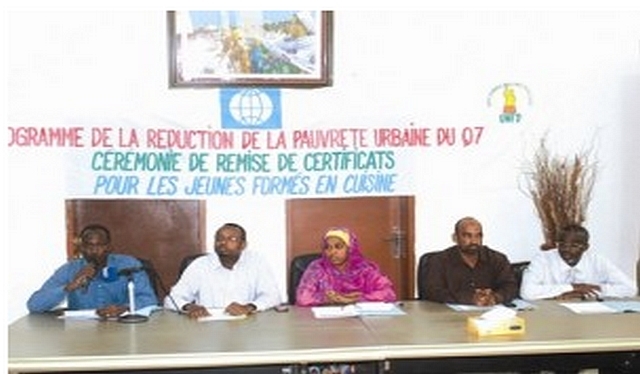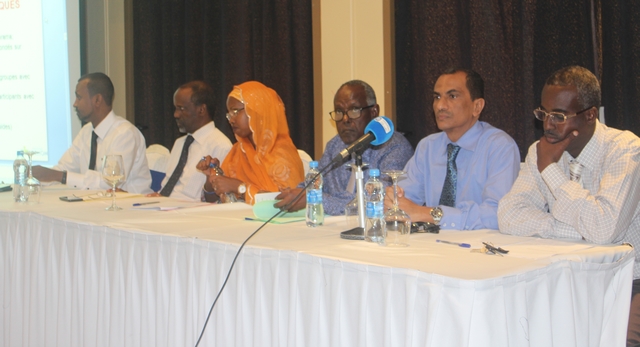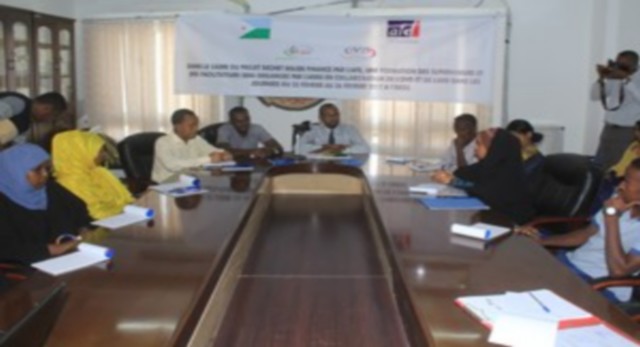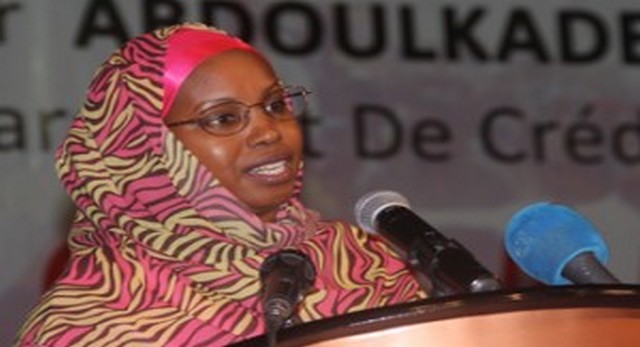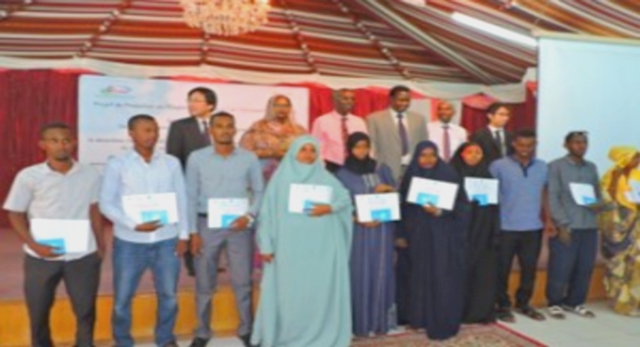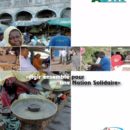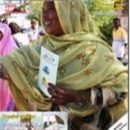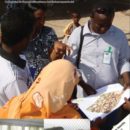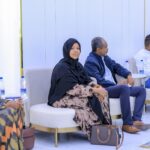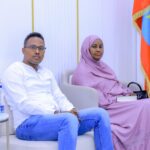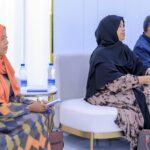The Djiboutian Agency for Social Development and the High Commissioner for Refugees initialed a partnership agreement last Sunday as part of the refugee entrepreneurship support project. The Director General of the Djiboutian Development Agency, Mahdi Djama, and the Representative of the High Commissioner for Refugees (UNHCR), Yohondamkoul Sakor, proceeded last Sunday in the meeting room of the ADDS to the signing of a partnership agreement for the implementation of the entrepreneurship support project for refugees. A key player in the field of entrepreneurship, ADDS will provide under this agreement the expertise necessary for the implementation of this project. In addition to the two officials of ADDS and UNHCR, the ceremony took place in the presence of the deputy and chairman of the Parliament’s Foreign Affairs Committee, Abdourahman Awaleh Yacin, and the Deputy Executive Secretary of the National Office for Assistance to Refugees, Mohamed Kamil.
As part of its primary mission to guarantee the rights and well-being of Refugees, the High Commissioner for Refugees intends to provide through this entrepreneurship support project to refugees living in our country the appropriate means and opportunity for them to integrate through entrepreneurship. This project will undoubtedly increase the economic opportunities of the refugees targeted by the project and will take place in three phases, namely the selection of candidates for entrepreneurship, their training, through supervision and finally access to microphones. credits. As a reminder, this partnership agreement is the culmination of consultations between the UNHCR and the Djiboutian Agency for Social Development (ADDS) since 2019, which has proven expertise in the field of entrepreneurship with the populations. Djiboutian.
Taking the floor, UNHCR Representative Mr. Yohondamkoul Sakor gave a historical overview of the framework within which this project takes place. “It should be recalled that thanks to the foresight and leadership of the President of the Republic Djibouti was chosen among the pilot countries for the implementation of the Global Action Framework for Refugees following the world summit held in New York in September 2016 on refugees. The CRRF whose implementation revolves around four pillars, namely reducing the burden on countries for shared responsibility, empowering refugees, resettlement in countries of origin. You will understand that the project d ‘entrepreneurship aims at the empowerment of targeted people and is therefore in line with the second objective of CRRF ”he said in substance. The Director General of ADDS, meanwhile, reiterated the number of significant projects his agency has carried out in the localities where the refugees are settled. The case of the town of Ali Addé is one example among others.
ADDS / UNHCR: A partnership agreement to better protect refugees living in our country
A propos

L’Agence Djiboutienne de Développement Social, Etablissement public à caractère administratif, issue de la fusion de l’ancienne Agence Djiboutienne d’Exécution des Travaux d’Intérêt Public (ADETIP) et de l’ancien projet Fonds Social de Développement (FSD).
- Agence Djiboutienne de Développement Social
- Avenue Mohamed DJAMA ELABEH Plateau du serpent
- BP:4298 Djibouti
- République de Djibouti
- Tel: +253 35 86 55/ +253 35 82 82
- E mail: direction@adds.dj
- Site Web: www.adds.dj
Nous localiser via google map
© Agence Djiboutienne de Développement Social - 2025. Tous droits réservés


